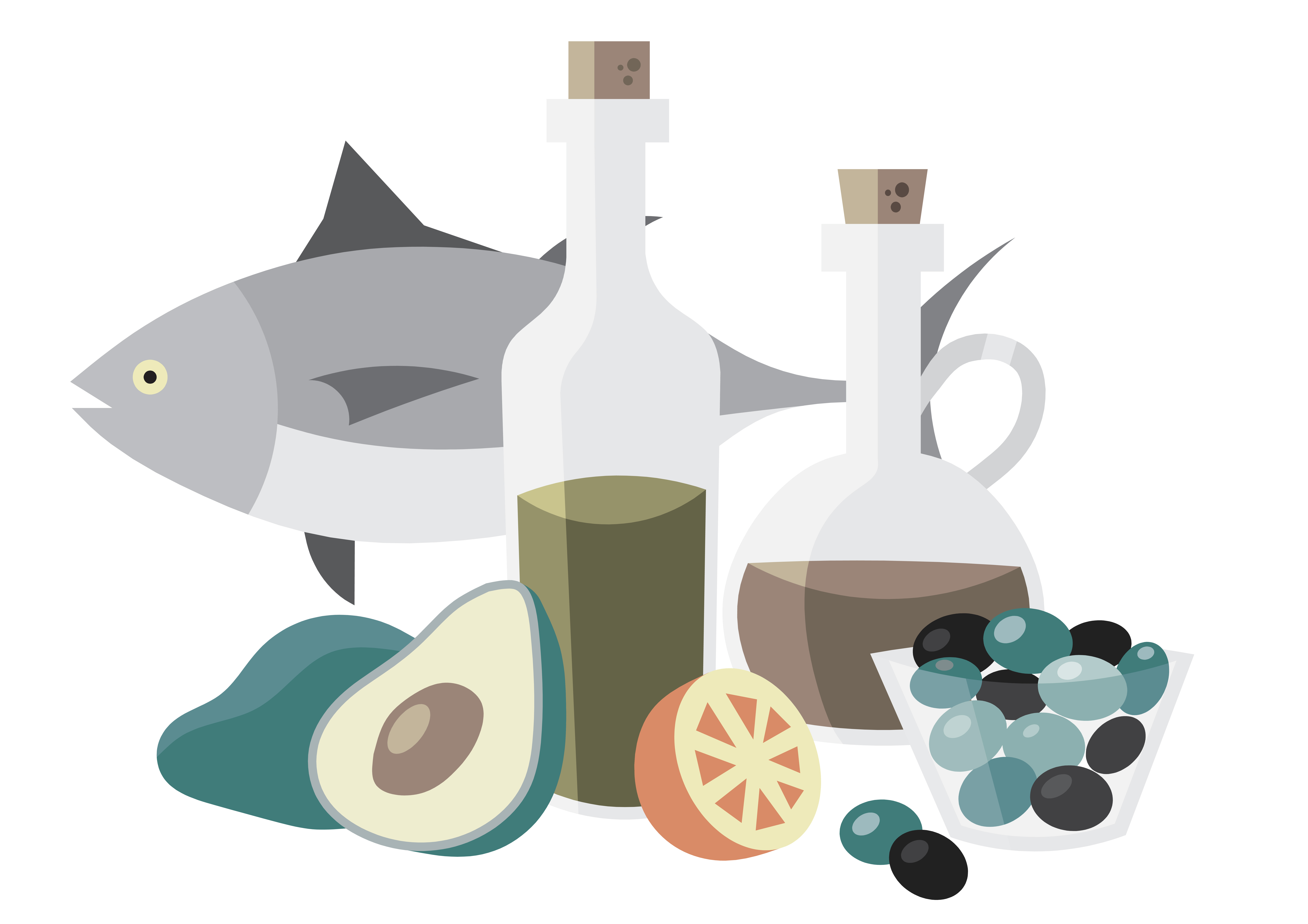Science Philanthropy / MD Anderson Cancer Center (MDACC)
Controlled high fiber diet interventions in melanoma patients
Background
Pioneering work from multiple labs has shown that the gut microbiome influences response to immunotherapy. As diet is a key determinant of the gut microbiome, follow up work has focused on the relationship between diet, the microbiome, and response to immunotherapy.
For example, in an observational cohort of metastatic melanoma patients, individuals who reported high dietary fiber intake and overall high dietary quality had an increased abundance of previously identified pro-response gut bacteria (consistent with role of these bacteria as fiber-fermenters) and were 5x more likely to respond to immunotherapy.
Preclinical work has further shown that dietary fiber positively impacts response to anti-PD1 in mouse models (manuscript submitted, link to publication to follow). On a mechanistic level, data from pre-clinical models have shown that dietary modulation targeting systemic insulin/IGF-1 can impact tumor growth and treatment response.
However, to date, dietary intervention studies targeting these two relevant targets (the gut microbiome and insulin/IGF-1) have not been conducted in patients with melanoma, or in the setting of immunotherapy in any disease which is the goal of this project.
These initial studies will be performed in a highly controlled setting, so-called “controlled feeding studies” in which all food is provided for patients by the MD Anderson Bionutrition Core.
Results from these studies will be essential to establish proof-of-principal for this approach prior to progressing into larger Phase III behavioral-based dietary intervention trials.

Goals
Seerave Foundation is supporting a series of clinical studies to assess the effects of nutritional intervention alone or in combination with conventional immunotherapy in melanoma patients.
The aims of the trials are:
In a Phase I study: to demonstrated the feasibility and adherence of a controlled feeding study in 10 disease-free melanoma patients consuming a high-fiber diet
In a Phase 2 study: to (i) demonstrate that a high-fiber diet can modulate the gut microbiome to a pro-immunotherapy response phenotype in a cohort of 42 metastatic melanoma patients undergoing anti-PD1 immunotherapy (ii) demonstrate that a high-fiber diet can enhance systemic and anti-tumor immunity.
To establish novel biomarkers that are indicative of diet-induced modulation of the microbiome and immune system, which will help guide the design of future preclinical and clinical studies.
Team
McQuade Lab

Jennifer McQuade
Principal Investigator

Yan Jiang (Janie)
Fellow